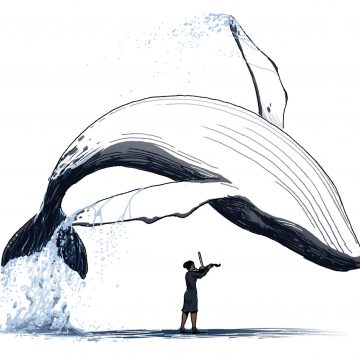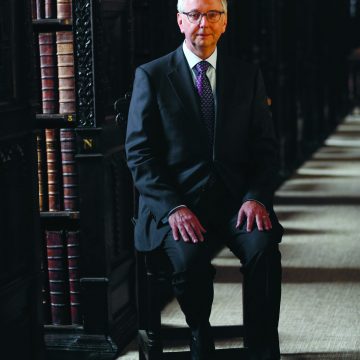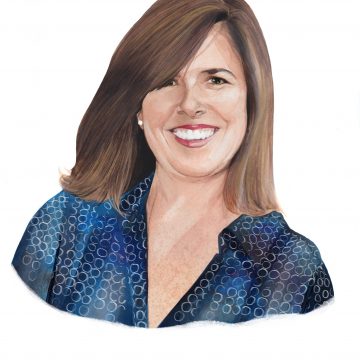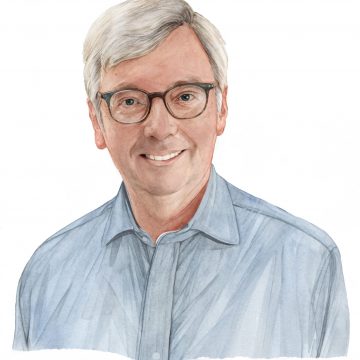A Vice-Chancellor’s life
A £2bn turnover. Global reach. More than 30,000 brilliant – and independent – thinkers. And a governing system that has evolved over 800 years. As new Vice-Chancellor Professor Deborah Prentice takes up the reins, we ask: what does it really take to lead one of the greatest universities in the world?
This University has had a Vice-Chancellor for centuries – ever since Hugh de Hottun in 1246, to be precise. Generally a head of a College, the man in question (and until Dame Rosemary Murray in 1975, it was always a man) would serve for a year or two before returning to College life. Yet unlike so many other aspects of Cambridge life, there is no medieval manuscript laying down the parameters of the Vice-Chancellor’s role. Indeed, the job as we know it today is relatively new – and very much a role designed to meet the demands of leading a complex, future-thinking and global university.
The University’s first full-time Vice-Chancellor – Sir David Williams – was elected by the Regent House in 1992. Since then, just six people have filled the role (the seventh will be Professor Deborah Prentice, who formally took up the mantle at the beginning of July), each serving an average of seven years.
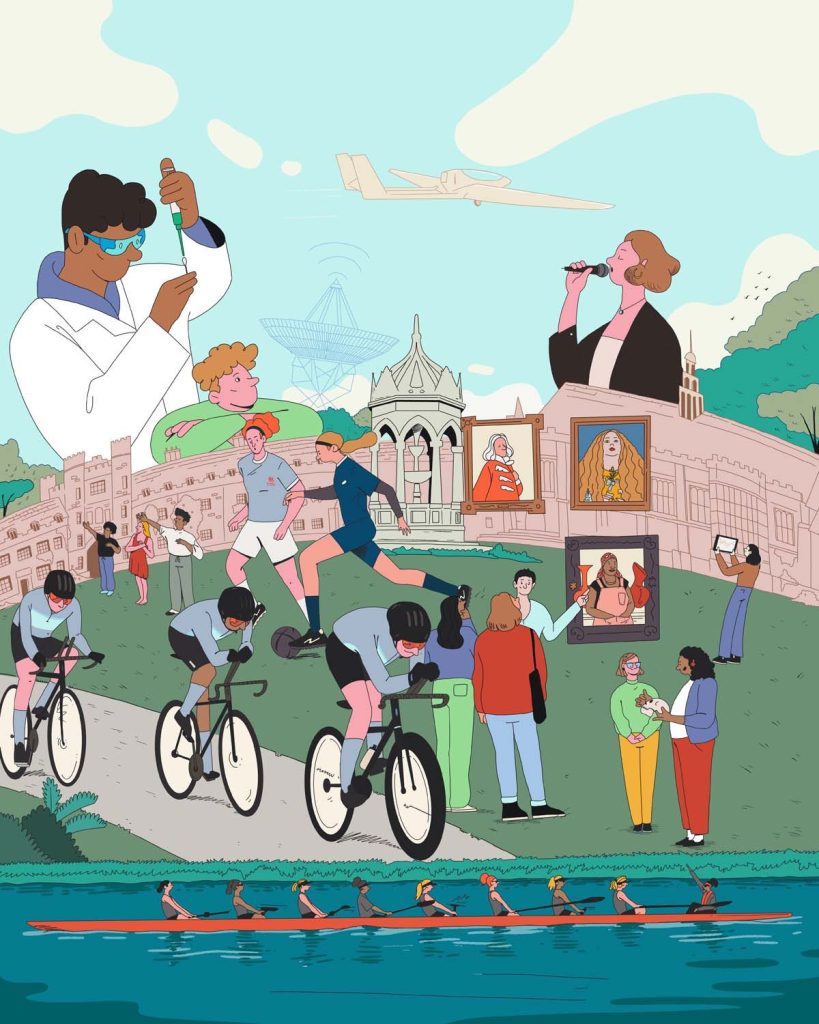
So what does the job entail? Cambridge combines the scale and complexity of a multinational with the baked-in independence of a broad-based political party, so leading it is intricate and challenging. The University is a self-governing institution: a community of scholars running their affairs through a combination of committees, boards and other groups to the benefit of all. It’s the Vice-Chancellor’s job to make sure that the community works – now and over the very long term. And it does work: an idea that has been through multiple committees is likely to stick longer than the decision of a single person.
The Vice-Chancellor chairs some of the most important committees, including the Council and General Board, helping to stimulate debate and decision-making. “I am in the room making sure this discussion happens,” says Acting Vice-Chancellor Dr Anthony Freeling (St John’s 1975), who, prior to returning to academia, spent more than 30 years in business. “That’s where the Vice-Chancellor’s influence lies. And I spend a lot of my time suggesting to person A they need to talk to person B – sometimes with me in the room, preferably without me in the room. The key is being able to make the connections.”
If there’s anywhere in the world where people should be campaigning and objecting and challenging, a university is that place
It goes without saying, therefore, that the Vice-Chancellor must be a people person: able to think on their feet at committee meetings, individual meetings, fundraising events, alumni events and media interviews. But listening is just as important – many problems can be defused when people feel they are being listened to. “And if there’s anywhere in the world where people should be campaigning and objecting and challenging, a university is that place,” says Freeling.
A good Vice-Chancellor, Freeling points out, will be an active listener – able to build relationships of trust across the entire University and able to turn that trust and listening into action. “You need that ability to communicate, not just in terms of talking to the media or to a town hall meeting or to a committee, but also to listen to people and make decisions on the basis of what people are saying.”
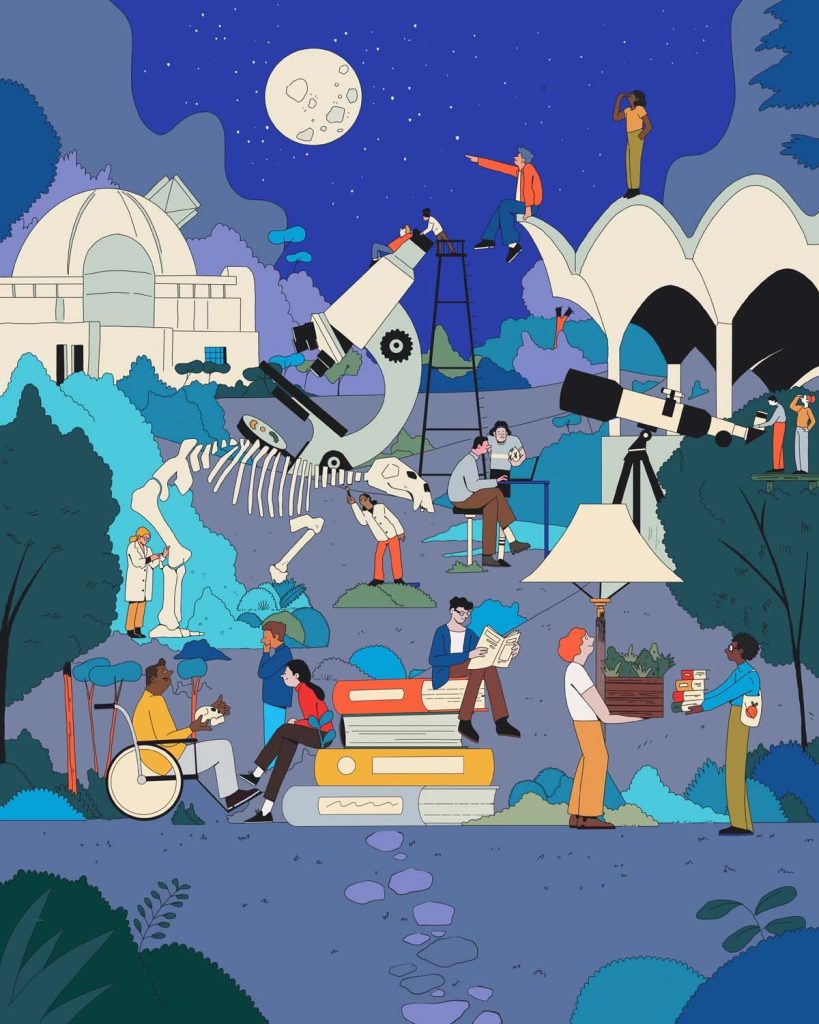
The Vice-Chancellor must also be troubleshooter, ambassador, advocate, fundraiser and spokesperson. They bring a global outlook, while remaining deeply embedded and active at a local and regional scale. And they must be collaborative, bringing together specialists and different parts of the University to make things happen. And finally, says Freeling, they must be prepared to move efficiently between these roles, multiple times, every day. “One moment you’re presenting a loyal address to the King, writing letters to the Prime Minister about Horizon Europe or visiting 11 Downing Street to make a case for the next Budget, and the next you’re being sprayed with champagne by a boat crew,” he says. “I’d say you spend about half your time in that external-facing part of the role, because much of the time, the Vice-Chancellor is the person that people expect to see out there representing the University. So you’ve got to be out there.”
The very best leaders often talk about vision, and that’s vital at Cambridge, too. “A Vice-Chancellor needs a touchstone: a sense of what is important,” says Freeling. “It could be a strategic vision of the future of the University, or a vision around the type of culture we want to have. This is a leadership role, but one in which it’s crucial to take people with you. Getting the University to have a shared purpose or mission or vision is very much what you’re about.”
One moment you’re presenting a loyal address to the King and the next you’re being sprayed with champagne by a boat crew
Then, of course, a Vice-Chancellor must juggle commitments and priorities with extraordinary skill: it’s telling that Freeling can point out, very precisely, that there are just 168 hours in the working week. “When an undergraduate joins MIT, they are told that being at MIT is like drinking from the firehose. Being Vice-Chancellor is like a firehose. An enormous amount of information pours through every single channel, straight at you. You have to be good at absorbing that information. And more importantly, you need to work out which bits of information you’re going to even spend time trying to absorb.”
Ultimately, he says, the role of the Vice-Chancellor always comes back to people: bringing brilliant, bright, creative people together for the common cause that is Cambridge and the incredible impact its work has had – and will have – on the world. “Together, we identify problems, challenges and solutions,” says Freeling. “We discover options, test them, and implement them with the people who will have to work on them. Yes, Cambridge has buildings and expensive machinery, which are important. But what’s really important is the people and the brilliant things they do – and the Vice-Chancellor’s role is to enable them to do them.”
From July, Deborah Prentice becomes Vice-Chancellor, succeeding Dr Anthony Freeling, the Acting Vice-Chancellor.
Professor Deborah Prentice, an eminent psychologist, takes up the role of Vice-Chancellor from July, having spent the past five years as the Provost of Princeton University.
Professor Prentice joined Princeton as a lecturer in Psychology in 1988 and was appointed Assistant Professor of Psychology the following year, after completing a PhD at Yale. She was appointed Associate Professor in 1995 and Professor of Psychology in 2000. She became the Alexander Stewart 1886 Professor of Psychology and Public Affairs in 2012 and chaired the Department of Psychology for 12 years until her appointment as Dean of Faculty in 2014.
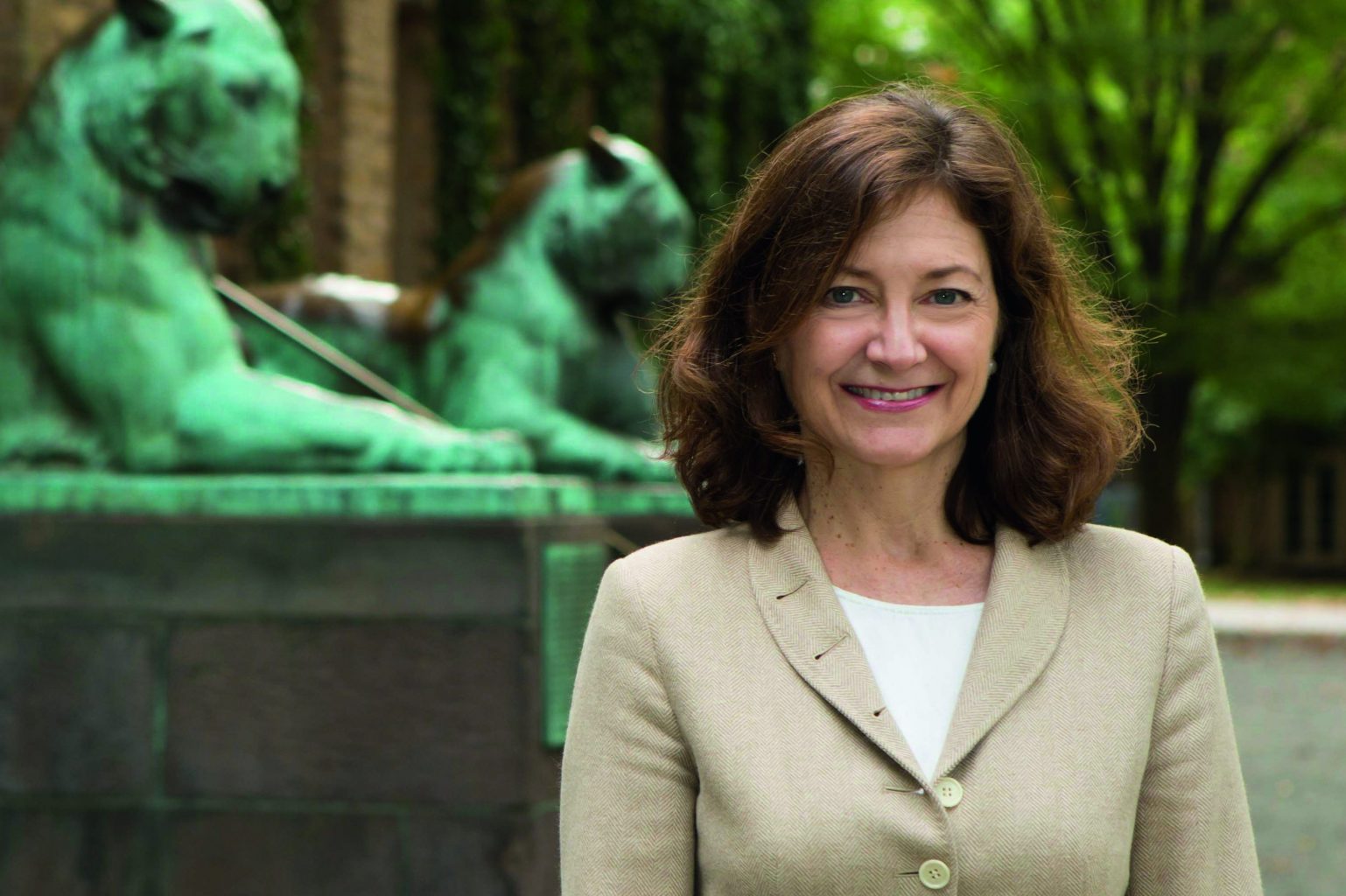
Her academic expertise is in the study of social norms that govern human behaviour – the impact and development of unwritten rules and conventions and how people respond to breaches of those rules. She has edited three academic volumes and authored more than 50 articles and chapters, and she has specialised in the study of domestic violence, alcohol abuse and gender stereotypes.
“It is a huge honour to be nominated to lead such a renowned institution,” says Professor Prentice. “I welcome the challenge of helping Cambridge write the next chapter of its long and proud history. Higher education around the world faces many challenges but I firmly believe there are also great opportunities to demonstrate how our leading universities can together harness their expertise to solve global problems. I hope that I can play some part in leading that dialogue.”

